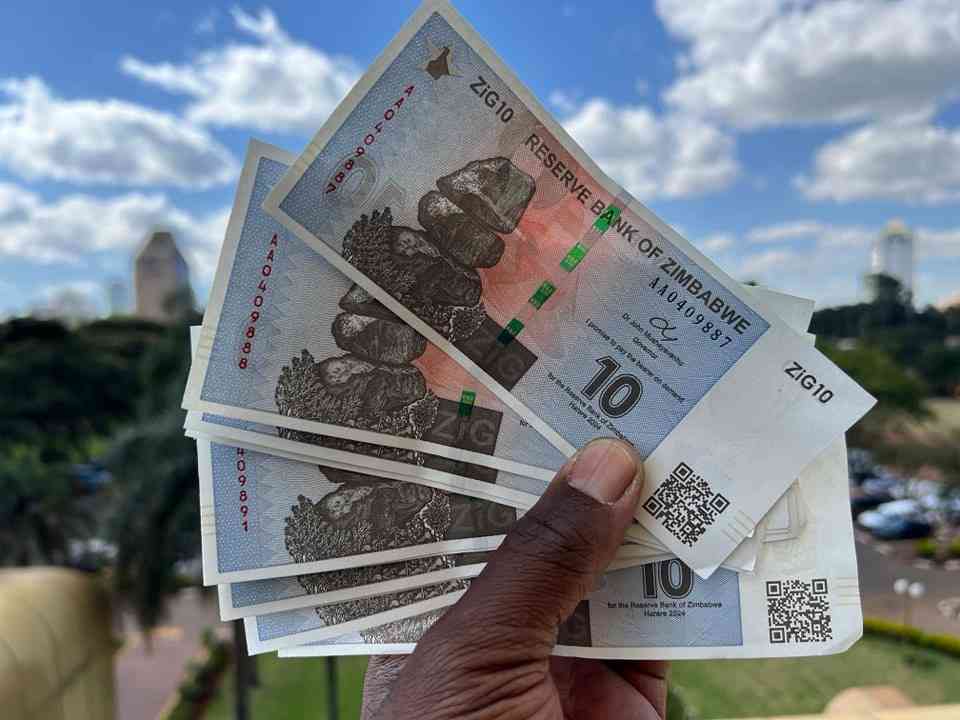
THE Reserve Bank of Zimbabwe (RBZ) has increased the foreign exchange allocation for fuel by more than 50% to $20 million per week to cater for increased demand and a rise in international fuel prices, governor John Mangudya (pictured) said yesterday.
BY NDAMU SANDU IN BUSAN, SOUTH KOREA
The RBZ chief told NewsDay the fuel situation remained stable as “the Reserve Bank continues to provide the much needed foreign exchange resources for importation of this precious liquid”.
“The bank has increased foreign exchange allocations for fuel from $12 million to $20 million per week to cater for both the increase in demand for fuel and the increase in international prices of fuel,” Mangudya said.
Brent crude oil prices have surged to $79,80 per barrel from $43 in June last year after the Organisation for Petroleum Exporting Countries (Opec) and non-Opec countries agreed to cut oil production to arrest the continued fall in the prices.
In the outlook, the price is projected to maintain the upward trajectory with some estimates placing the oil prices as high as $90 by 2020.
Mangudya said the bank had also gone regional to mobilise resources for fuel which is the lifeblood of the economy.
“The bank [RBZ] has also put in place letters of credit facilities arranged with regional and financial institutions and firms to the tune of $120 million,” he said.
- Chamisa under fire over US$120K donation
- Mavhunga puts DeMbare into Chibuku quarterfinals
- Pension funds bet on Cabora Bassa oilfields
- Councils defy govt fire tender directive
Keep Reading
These efforts by the central bank come as the market has witnessed the emergence of long queues at service stations due to fuel shortages amid fears the situation could worsen thereby affecting economic activity.
At the same time, prices of petrol and diesel have risen one and two cents to $1,41 and $1,28, respectively, in less than two weeks.
“We are quite appreciative of the role the oil marketing companies are providing to the economy through the more than 400 service stations countrywide which distribute about 60% of the fuel with the balance of 40% being for commercial purposes,” Mangudya said.
Last week, Energy and Power Development minister Simon Khaya Moyo said the economy had witnessed an increase in fuel consumption in the past three months. He said petrol and diesel consumption had increased by 22% and 8% respectively as compared to the same period last year attributed to an increase in economic activities the productive sectors which triggered an increase in the demand.
Moyo said the absence of ethanol blending means an increase in the amount of petrol imported.
There exists a 20% mandatory blending which has been halted due to the unavailability of ethanol.
“The maximum allowable blending ratio at law is up to E20 (20% ethanol and 80% petrol), however, the country is currently not blending petrol with ethanol. This is due to the unavailability of the ethanol for blending purposes,” Moyo said adding blending reduces the pump price of petrol.
“Ethanol reduces the impact of the price increases by between 2 cents to 5 cents per litre depending on the blending ratio applicable and the supplier of ethanol. The ethanol supply situation is expected to improve soon, thereby, resulting in the country realising the full benefits of blending on fuel prices.”











